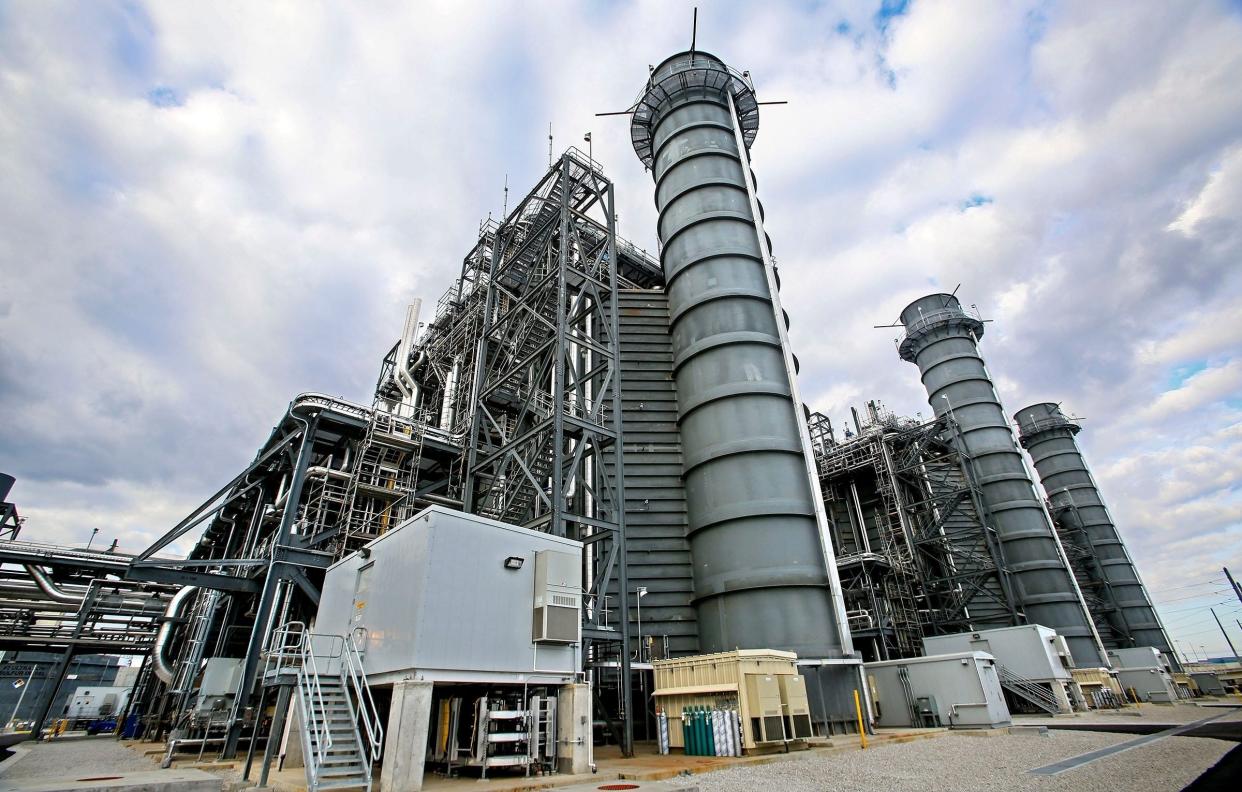Brace yourself for Florida Power & Light bills to increase at least thrice in 2023

Electric bills for Florida Power & Light customers are expected to increase not once, not twice, but at least three times next year.
One increase was expected, having been built into a base rate settlement approved in 2021. Another is the effect of the end of a one-month refund, thanks to the Inflation Reduction Act that Congress passed this summer. And the third, the Juno Beach-based utility says, is because of the impact of the war in Ukraine on natural gas prices.
But on the third cost increase, customers won’t know the full amount until January, a delayed decision by FPL that has been objected to by the state’s utility consumer watchdog.
Storm protection in Juno Beach: Town seeks FPL estimate on moving power lines underground
Extreme weather: Florida Power & Light backs down, freezes extreme winter weather plan
Carbon emissions: NextEra Energy, Florida Power & Light parent company, announces plan to slash carbon emissions by 2045
Later costs to be determined by FPL, but bills set to rise in January
The base rate for a FPL customer who uses 1,000 kilowatt hours of power in a month was set to increase by roughly $5 in January. That was prescribed as part of last year's agreement between FPL, intervening parties and the Florida Public Service Commission, which regulates how much the utility can charge its 12 million customers across Florida.
With the base rate increase and changes to the pass-through fees, which are separate line items on bills, such as fuel costs, a 1,000 kwh monthly bill would go up from $120.67 in December to $130.23 the next month.
But there’s another force at play that could temporarily soften the blow in January.
The Inflation Reduction Act signed into law in August by President Joe Biden allowed utilities to receive tax credits on construction of and energy production from renewable energy facilities.
FPL has asked the Public Service Commission to allocate the tax credit in installments, first as a one-month discount on customer bills and the rest as a rate reduction spread out over the next few years.
If regulators agree, customers would collectively receive a one-time $35.7 million refund next month, and then a $209.1 million permanent rate reduction between 2023 and 2025. This request goes before the PSC on Tuesday.
The one-month refund would mean a $5 savings for the typical 1,000-kilowatt-hour customer bill in January, bringing the increase instead to $125.39. But in February, the bill for the typical customer would be right back up to $129.59, according to FPL.
Two months later, customers are expected to see another bill hike as the utility seeks to recoup fuel costs it spent to run its power plants in 2022, FPL officials said.
Toward the end of each year, electric utilities seek approval from the PSC for how much they intend to spend the following year on certain costs that are ultimately passed through to customers, like fuel or storm-protection projects, as well as “true-up” readjustments if costs from previous years were over- or under-collected.
In 2023, FPL expects to spend more than $5 billion on fuel, a figure that gets final say by the commission on Tuesday.
Specifically for fuel, if the cost is ever 10% above or below that projected amount during that year, the utility can file what’s called a mid-course correction.
PSC watchdog rips FPL, other utilities for letting fuel costs stack up
FPL delayed taking this action this year because of the volatility in the natural gas market, saying in a July filing that putting off this cost recovery adjustment would “mitigate the possibility that FPL’s forecast will result in a significant over-recovery in the event the market begins to moderate as the year progresses.”
The utility instead will make its request to recoup this money from customers in January, after using actual data from 2022.
For this, the Office of Public Counsel blasted FPL and other utilities.
“There is no rational basis for the companies letting $3.4 billion in fuel costs stack up and imperil the well-being of customers, both personal and economic,” said Deputy Public Counsel Charles Rehwinkel on Nov. 17. He referred to all of the electric utilities’ expected 2022 under-recovered fuel costs, including an estimated $2 billion from FPL.
Rehwinkel also said that the utilities had not sufficiently shown that the mid-course correction was impractical.
“The process that has occurred in 2022 in this case is akin to something out of the Wild West, with little to no rules except for seemingly what is good for the company but not necessarily good for the customer,” Rehwinkel said.
A FPL spokesperson could not immediately provide bill impacts of the 2022 under-recovered fuel costs, but said that following a decision by the PSC, the fuel cost collection could begin in April and last 21 months.
Hannah Morse covers consumer issues for The Palm Beach Post. Drop a line at hmorse@pbpost.com, call 561-820-4833 or follow her on Twitter @mannahhorse.
This article originally appeared on Palm Beach Post: FPL electric bills to increase at least three times in 2023

